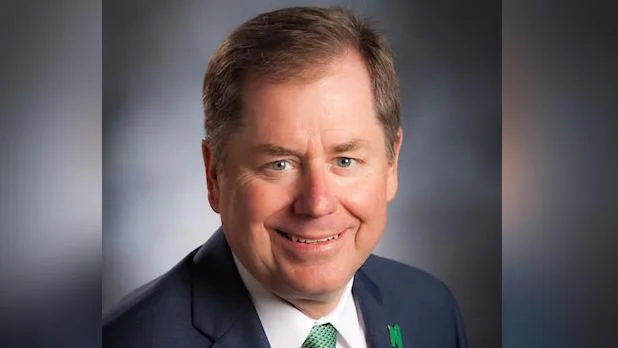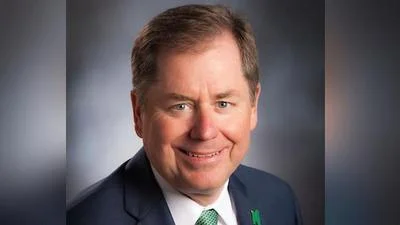Dr. Lance Tatum, President | Northwest Missouri State University
Dr. Lance Tatum, President | Northwest Missouri State University
Northwest Missouri State University researchers, in partnership with Mosaic Life Care, recently completed an assessment of pediatric mental health resources in area counties. The study found gaps in resource availability and other barriers preventing access to mental health care for children.
“Northwest is a strong supporter of the community and region, so being a part of this project was not only the right thing to do but a privilege,” said Dr. Tyler Tapps, the University’s assistant vice president of student affairs for health and well-being and the study’s leader. “This study is really the first step to identifying ways to improve access to those in our region. Northwest is thankful to play a role.”
The study conducted during the spring semester was funded as part of a $100,000 grant Mosaic Life Care received through the Health Resources and Services Administration’s Rural Health Network Development Planning Program. Mosaic contracted with Northwest for a research team to evaluate awareness, perceptions, and use of mental health resources available for children and youth within six northwest Missouri counties: Atchison, Nodaway, Holt, Gentry, Worth, and Andrew.
The study aimed to uncover critical gaps in services and identify barriers within the current mental health framework for youth in northwest Missouri. Researchers gathered insights from focus groups involving more than 70 school counselors and medical providers, alongside survey responses from over 700 residents throughout the six-county area.
While survey data revealed varied awareness and use of mental health resources, most respondents identified high costs and limited insurance coverage as barriers. Stigma and logistical issues such as transportation and scheduling were also highlighted as challenges. Respondents further indicated dissatisfaction with coordination between mental health services and schools and collaboration between mental health professionals and educators.
In focus groups with school counselors and healthcare providers, themes of overwhelmingness, frustration, and exhaustion emerged related to the increasing number of children needing mental health resources. Challenges included parent cooperation and adequate training for providers. Participants emphasized the need for improved access to resources, parent education and involvement, licensed professional counselors in schools, and effective communication between providers and schools.
In addition to Tapps, the research team included Dr. Damon Leiss, associate professor in the School of Health Science and Wellness; Dr. Amy Hillard, assistant professor in the School of Health Science and Wellness; Tori Castle, a graduate student in the School of Health Science and Wellness; and Emily Guitierrez, a student intern at Wellness Services.



 Alerts Sign-up
Alerts Sign-up